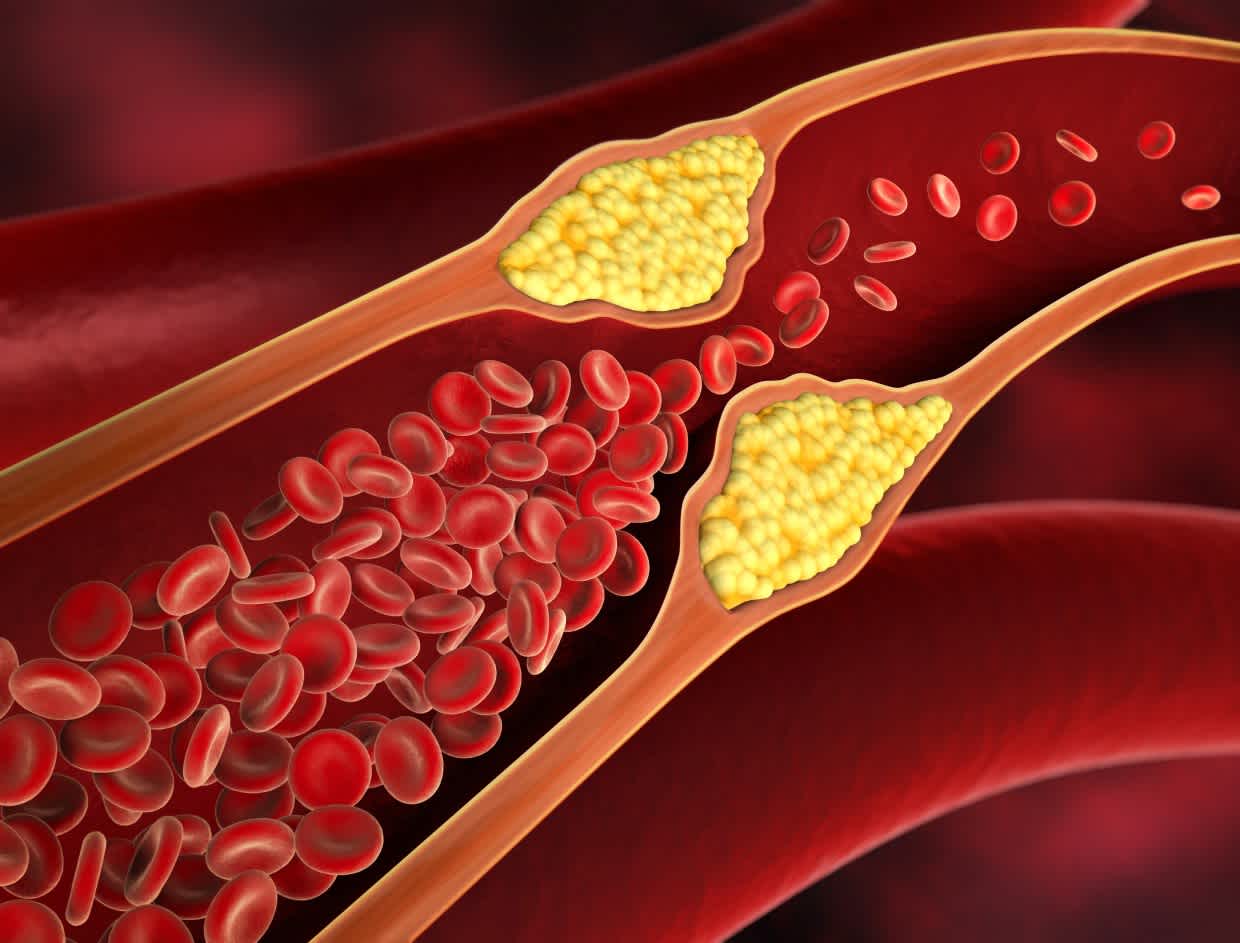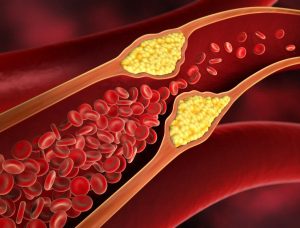
Silent but Inherited: The Risks and Realities of Genetic High Cholesterol
When most people think of high cholesterol, they picture unhealthy diets, lack of exercise, or ageing. However, for many, high cholesterol is not just a result of lifestyle—it can be inherited. In Singapore, a new national programme is shining a spotlight on genetic cholesterol conditions, offering hope for early detection and better management.
 One of the most common inherited cholesterol disorders is familial hypercholesterolaemia (FH). This genetic condition causes dangerously high levels of low-density lipoprotein (LDL), often called “bad” cholesterol, from a young age. Unlike lifestyle-related high cholesterol, FH is caused by mutations in genes responsible for removing LDL from the blood. As a result, cholesterol builds up in the arteries, significantly increasing the risk of heart disease and stroke—even in people who are otherwise healthy and active.
One of the most common inherited cholesterol disorders is familial hypercholesterolaemia (FH). This genetic condition causes dangerously high levels of low-density lipoprotein (LDL), often called “bad” cholesterol, from a young age. Unlike lifestyle-related high cholesterol, FH is caused by mutations in genes responsible for removing LDL from the blood. As a result, cholesterol builds up in the arteries, significantly increasing the risk of heart disease and stroke—even in people who are otherwise healthy and active.
It’s estimated that FH affects about 1 in 250 people worldwide. In Singapore, this means that potentially over 20,000 people could be living with FH, but many remain undiagnosed. According to the Ministry of Health, cardiovascular disease is the leading cause of death in Singapore, accounting for nearly 1 in 3 deaths. Early heart attacks and strokes are often linked to undiagnosed or untreated high cholesterol, including genetic causes.
Why Early Detection Matters
People with FH can develop cholesterol deposits in their skin, tendons, or around the eyes, but often there are no obvious symptoms until a serious event occurs. Early detection is crucial because:
- Heart disease can strike early: Individuals with untreated FH may develop heart disease in their 30s or 40s, or even earlier. In Singapore, heart disease is the second leading cause of death, and premature heart attacks are not uncommon.
- Family risk: FH is inherited in an autosomal dominant pattern, meaning each child of an affected parent has a 50% chance of inheriting the condition. This makes family screening essential.
- Effective treatment is available: With early diagnosis, lifestyle changes and cholesterol-lowering medications (such as statins) can dramatically reduce the risk of heart disease. Studies show that with proper treatment, people with FH can have a normal life expectancy.
Singapore’s New National Programme
Recognising the importance of early detection, Singapore has launched a new national programme to screen for genetic cholesterol conditions like FH. Under this initiative, Singaporeans can undergo genetic testing to identify if they carry mutations linked to FH and other inherited lipid disorders.
Key features of the programme include:
- Accessible testing: The programme makes genetic testing for FH available to more Singaporeans, especially those with a family history of high cholesterol or early heart disease. The National University Heart Centre, Singapore (NUHCS) and National Heart Centre Singapore (NHCS) are among the institutions leading this effort.
- Family-based approach: If one person is diagnosed, their close relatives are encouraged to get tested as well, helping to identify and protect entire families. This “cascade screening” approach is proven to be effective in finding undiagnosed cases.
- Personalised care: Those found to have FH will receive tailored advice and treatment plans, including medication, dietary guidance, and regular monitoring. This is crucial, as studies in Singapore have shown that many with high cholesterol are not on optimal treatment.
- Public awareness: The initiative also aims to educate the public about the genetic risks of high cholesterol and the importance of family health history. According to a 2022 survey, only about 1 in 5 Singaporeans are aware that high cholesterol can be inherited.
The Local Impact
- High cholesterol is common: According to the 2020 National Population Health Survey, about one in three adults in Singapore has high cholesterol (hyperlipidaemia).
- Under-diagnosis is a problem: It is estimated that up to 90% of people with FH in Singapore remain undiagnosed, putting them at risk of early heart disease.
- Treatment gaps: Even among those diagnosed, many are not receiving adequate treatment or follow-up, highlighting the need for better awareness and care pathways.
What You Can Do
If you have a family history of high cholesterol or early heart disease, speak to your doctor about genetic testing for FH. Even if you feel healthy, knowing your genetic risk can help you take proactive steps to protect your heart.
Tips for managing cholesterol—genetic or otherwise:
- Eat a balanced diet low in saturated fats and trans fats.
- Exercise regularly—aim for at least 150 minutes of moderate activity per week.
- Avoid smoking and limit alcohol intake.
- Get your cholesterol checked regularly, especially if you have a family history.
- Take prescribed medications as directed.
High cholesterol is not always a matter of lifestyle—sometimes, it’s in your genes. Singapore’s new national programme for genetic cholesterol screening is a major step forward, offering families the chance to detect and manage inherited risks before they lead to serious health problems. By embracing early detection and personalised care, Singapore is helping its people take control of their heart health for generations to come.
No Comments
Leave a Reply
You must be logged in to post a comment.
